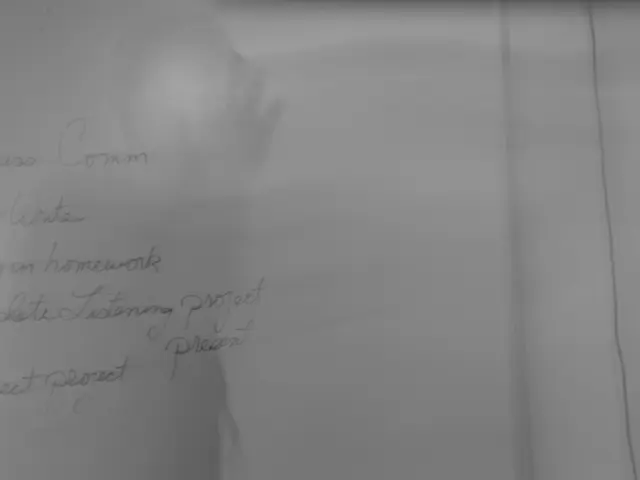Government entities are considering implementing road user charges for electric vehicle owners to compensate for the shortfall in fuel excise revenue.
The Australian federal government has confirmed plans to introduce a national road user charge for electric vehicle (EV) drivers, as the country grapples with the growing EV fleet and the decline in fuel excise revenue. The exact model and timeline remain undecided, with a policy discussion scheduled for early September 2025.
The proposed structure involves a distance-based levy, with initial state-level proposals setting rates around 2.974 Australian cents per kilometer for battery electric vehicles and 2.379 Australian cents per kilometer for plug-in hybrid EVs, indexed annually to the consumer price index. This charge would supplement the existing fuel excise tax of around 51.6 cents per liter on petrol and diesel, which currently generates roughly A$16 billion annually.
No state or territory currently operates a road user charge for EVs since Victoria’s previous distance-based levy was invalidated by the High Court in 2023, citing constitutional grounds that only the federal government can impose such a tax.
There is conceptual agreement among government and business leaders on the need for such a charge to ensure EV owners contribute fairly to road maintenance costs as they do not pay fuel excise. However, details and final policy decisions are still under development. The Electric Vehicle Council supports fair road user charges but cautions against actions that could slow the transition to EVs.
Minister for Climate Change and Energy, Chris Watt, has indicated that a national EV road charge is a priority. He emphasises the need for EV and hybrid drivers to contribute proportionally to infrastructure funding. Fuel excise receipts have been in long-term decline since 2005, and the government is in active consultation with states and territories regarding the implementation of a national EV road user charge.
Federal Treasurer Jim Chalmers has flagged the need for all motorists to "pay their fair share" for road use. Currently, EV drivers avoid a 51.6 cents per litre fuel excise levied on petrol and diesel sales. With bipartisan recognition of the unsustainability of fuel excise revenue in a decarbonising transport sector, a national EV road user charge appears increasingly inevitable.
Critics warn that premature or poorly designed charges could undermine EV adoption in Australia. Policy options for the national charge could include a per-kilometre charge tracked via odometer readings or telematics. Advocates for a national scheme argue that the current gap in funding unfairly shifts the cost burden onto drivers of internal combustion vehicles.
In summary, a national EV road user charge is on the horizon in Australia. The government aims to ensure that EV and hybrid drivers contribute proportionally to infrastructure funding, addressing the declining fuel excise revenue and the need for equitable road maintenance costs. The exact structure, rates, collection methods, and start date are yet to be decided, with a policy discussion scheduled for early September 2025.
The national EV road user charge, a priority for the Minister for Climate Change and Energy, is intended to ensure that electric vehicle drivers contribute fairly to road maintenance costs, as the fuel excise revenue declines. This environmental-science advancement is expected to align with the financial needs of the industry, as the nation transitions towards a decarbonised transport sector.




